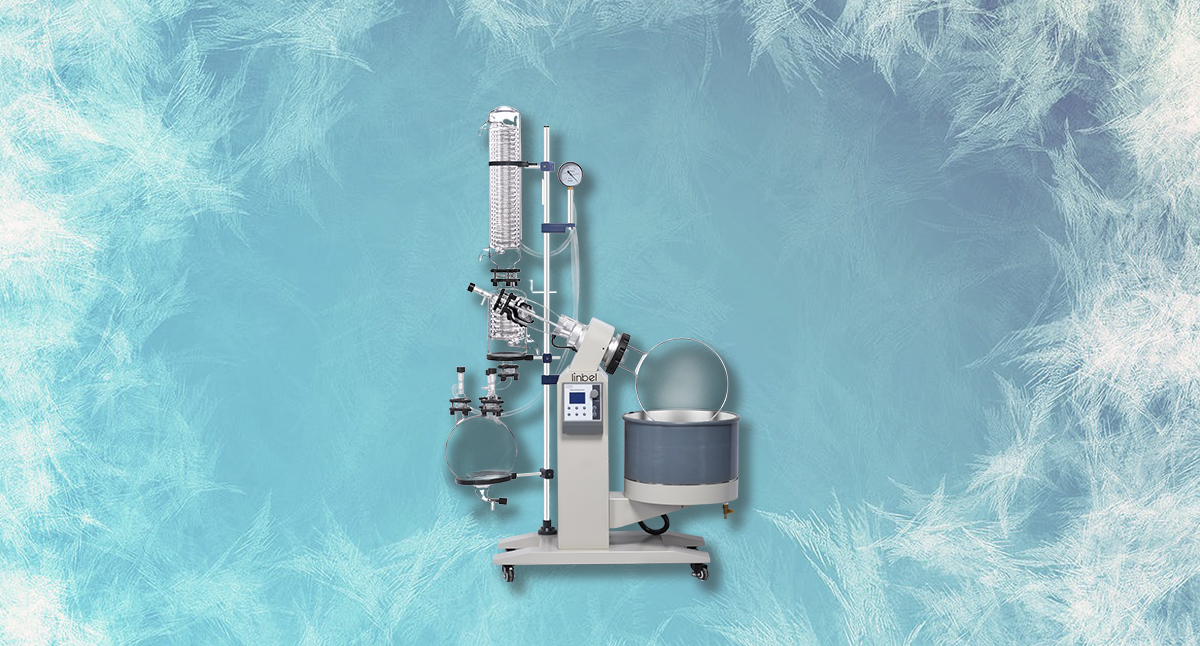During the test, the leakage of the rotary evaporator may cause many troubles, reducing the speed and efficiency of vacuum distillation. If air leakage occurs, it is difficult to find the location accurately. We can use the following methods to find the location of air leakage.

Connect the rotary evaporator to the vacuum pump, then close all valves and turn on the vacuum pump to make the rotary evaporator work. If the vacuum degree can reach 0.08-0.09, but cannot reach above 0.09, it indicates that the rotary evaporator has slight leakage. At this time, connect the vent valve to the pipe and water source, open the valve, and use negative pressure to suck water into the rotary evaporator, so that each glass space in the evaporator is filled with water. (At this time, in order to avoid damaging the instrument, it is necessary to hold each component with hands to prevent the glass from being damaged by excessive water filling.) When bubbles appear in the vacuum system, it indicates that the sealing is not tight, and leak stoppage is required.